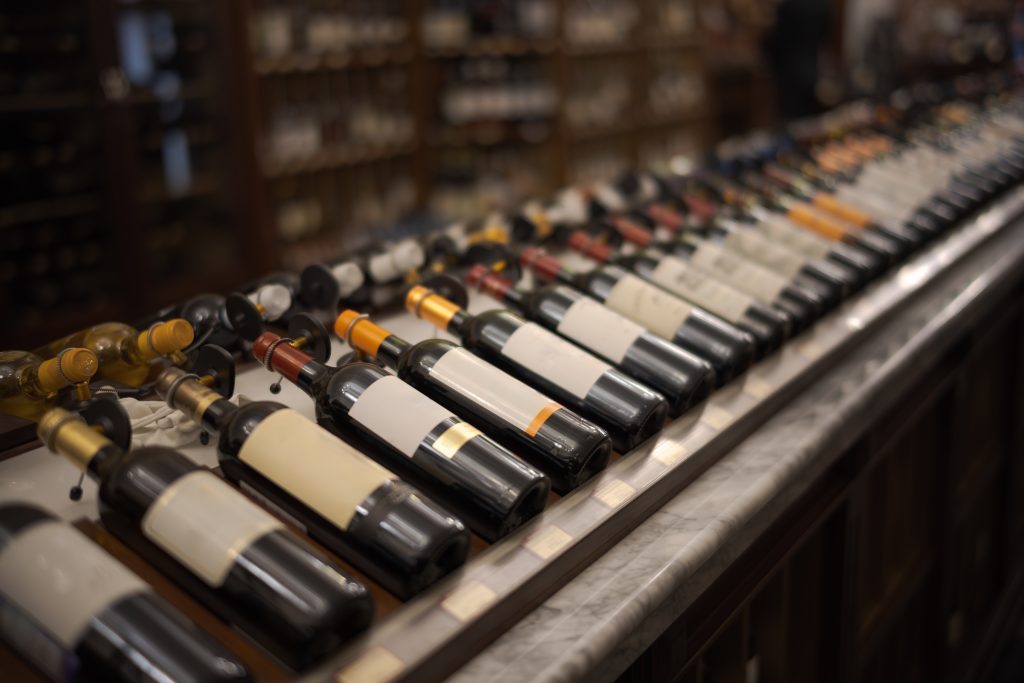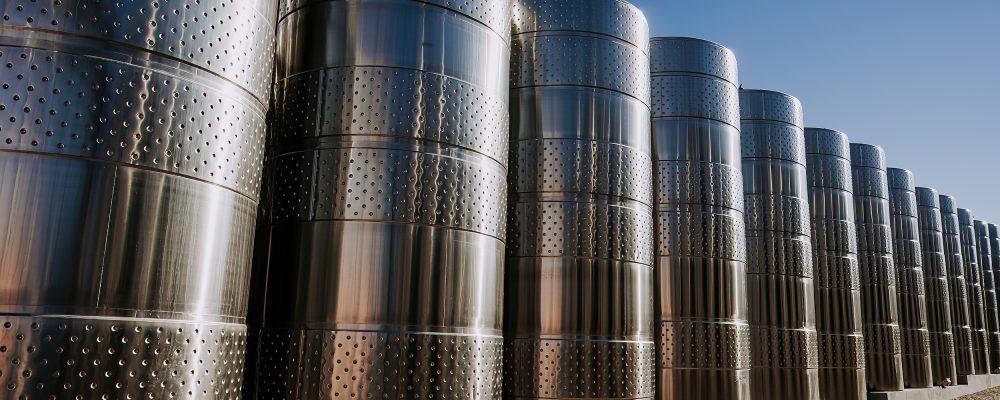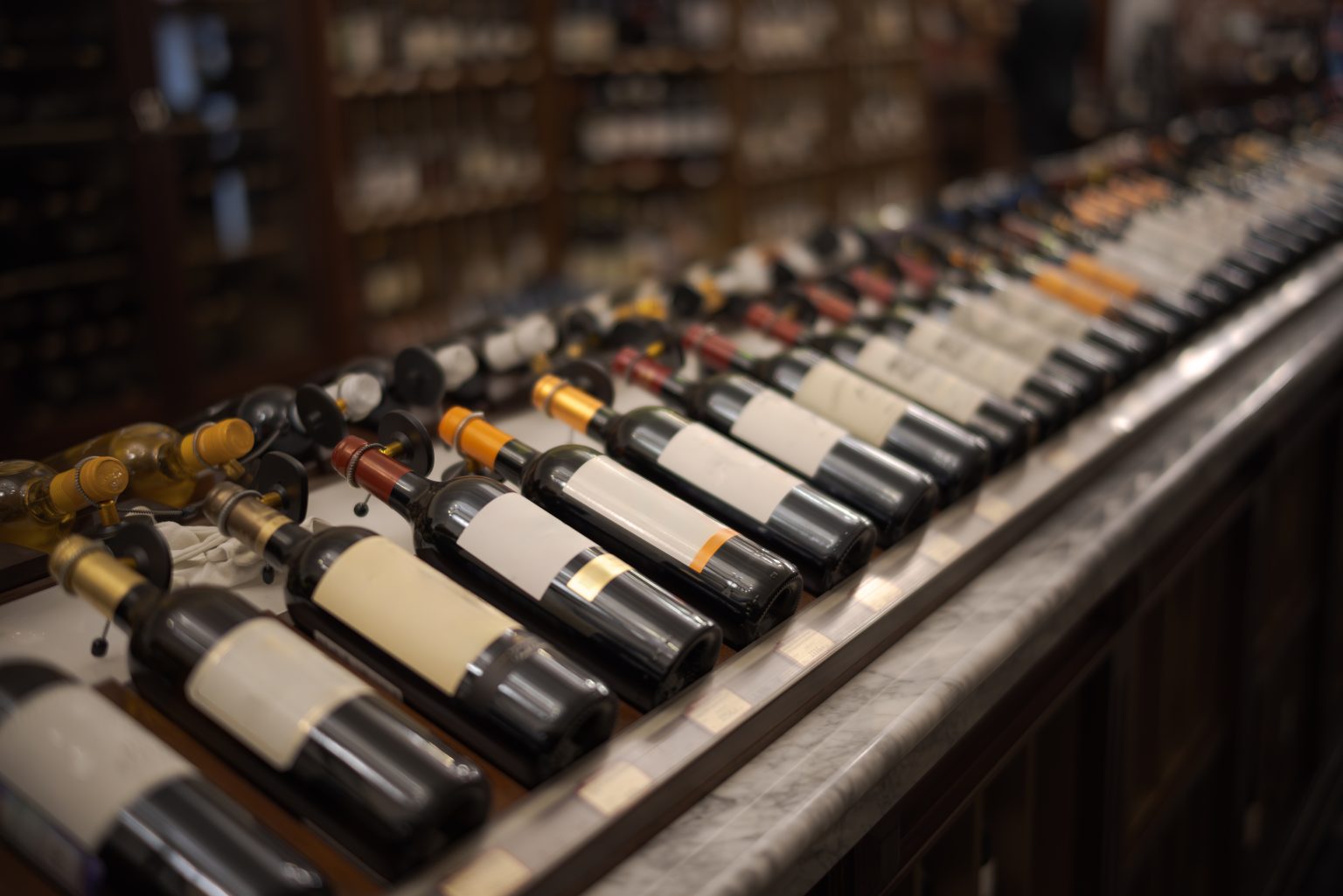
A press release from the Romanian Wine Producers and Exporters Association (APEV) warns that the wine tax being prepared by the Government will primarily affect the economic wine segment, but it has the potential to seriously impact the entire industry, triggering a chain of price increases and even bankruptcies.
Perhaps the scenario described by APEV sounds harsh, but we are talking about an industry already affected by fuel and electricity price hikes, both of which are heavily used in both the production and distribution of wine. We are talking about an industry that has risen from the ashes of the former collective and state farms over the past 25 – 30 years, with massive investments, effort, and much hope, emotion, and passion, with the goal of rekindling an almost-lost tradition: having a glass of wine at the table.
- A press release from the Romanian Wine Producers and Exporters Association (APEV) warns that the wine tax being prepared by the Government will primarily affect the economic wine segment, but it has the potential to seriously impact the entire industry, triggering a chain of price increases and even bankruptcies.
- APEV's full press release, below:
- The wine tax hits Romanian viticulture hard – We risk chain bankruptcies and massive price hikes
- “It’s as if, after a tough race, we’re being asked to run another kilometer—but carrying a burden on our backs,” says Mihnea Olariu, President of APEV.
- At the same time, market distortions and negative incentives may emerge
- Romanian wine, a heritage ignored by political decision-makers
- What do we ask for? Respect, not privileges
Tens of thousands of tastings, hundreds of festivals, fairs, and exhibitions, countless campaigns and partnerships have all had a single goal: to restore Romanians’ confidence in the quality of a traditional product. We’ve seen continuous progress over the past three decades, and the hundreds of medals won annually by Romanian wines – from New York to Tokyo – confirm that we are on the right path.
We have entered the “final” development stage: wine tourism. We have a highway that reaches the heart of Dealu Mare. We already have internationally awarded destinations. But the industry, tired of reinvesting everything it earns for so long (a 10% average profit margin, according to APEV), is in a fragile balance. A shock could push many to give up. And then, the highway will end among ruins that swallowed hundreds of millions of euros in EU funds, from replanting efforts supported by SAPARD to state-of-the-art winery equipment.
We are, finally, at a point where the Romanian wine industry can flourish. Instead of taxes that risk causing bankruptcies, the Government would gain infinitely more – both financially and in terms of image – if it co-financed, alongside producers, a campaign to promote Romanian wine exports. Otherwise, following the current logic, we are killing the goose that lays golden eggs just to satisfy a moment of hunger.
APEV's full press release, below:
Press Release
The wine tax hits Romanian viticulture hard – We risk chain bankruptcies and massive price hikes
The Romanian Wine Producers and Exporters Association (APEV) issues a warning: the introduction of an excise tax on still wine – a measure far from offering any benefit to the economy – could seriously damage the entire Romanian wine industry, an industry deeply rooted in our country’s tradition, economy, and rural life.
A tax that burdens an already struggling sector
The new excise, ranging from 76.19 to 83.81 lei per hectoliter, could lead to an artificial increase in prices, a loss of competitiveness on foreign markets, and the bankruptcy of many small and medium-sized producers. The excise would amount to an increase of up to 25% over the production price in the case of economic wines. The profit margin in this segment is below 10%, making the business model unsustainable.
This decision comes in a difficult context:
In 2024, wine production dropped by nearly 20% due to climate change.
Production, energy, transport, and labor costs are continuously rising.
Imported wines are entering the market at increasingly lower prices, and Romanian wine risks disappearing from store shelves.
“It’s as if, after a tough race, we’re being asked to run another kilometer—but carrying a burden on our backs,” says Mihnea Olariu, President of APEV.
The consequences may be felt across society
The wine industry is not just about bottles on the shelf; it represents jobs in villages, continuity for family farms, and a chance for young people to remain in rural areas.
This excise could generate estimated sales drops of –6% to –12%, bankruptcies in the bulk and bag-in-box wine segments, where margins are already minimal, increased unemployment in areas where viticulture is the main source of income, accelerated migration of young people, who will come to see agriculture as a dead-end path.
At the same time, market distortions and negative incentives may emerge
The law creates inequalities between producers:
- Those who own tax warehouses will bear administrative and compliance costs.
- Those without a warehouse (small producers) may remain non-excised, encouraging the artificial fragmentation of companies to avoid excise taxation.

The law will encourage the black market and self-consumption:
- Of the 3.68 million hectoliters produced in 2024, only 0.88 million hectoliters were certified (~24%).
- The remaining ~76% are not taxed, either because they are not DOC/IG certified or because they come from hybrid vines.
- The increase in official market prices will further stimulate unofficial sales.
Romanian wine, a heritage ignored by political decision-makers
Romania should not tax wine simply because “it can.” Fifteen European countries do not apply an excise on wine, and others, such as France (excise: €3.94/hl, five times lower than the one proposed in Romania), have symbolic taxes, five times lower than those being proposed here. Our neighbours, Bulgaria and Hungary, are investing in their wineries because they understand that wine is more than a drink – it is a strategic product with soul.
What do we ask for? Respect, not privileges
Romanian producers are not asking for special treatment, but for the conditions needed to operate in a supportive environment. Romanian wine deserves more. We need to understand that behind every bottle of Romanian wine lies a family story, written with effort and passion, passed down from generation to generation.
APEV publicly calls for the urgent withdrawal of the proposed excise tax on still wine and the opening of a genuine dialogue with industry representatives.
Founded in 2001, APEV, the Association of Wine Producers and Exporters of Romania, is a professional organization that brings together several major wine producers and has the mission “to represent, defend, and promote the rights and interests of its members, both locally and internationally.” Since 2023, APEV has had new leadership, which managed to organize Romania’s participation at ProWein in 2024 without any support from the Government, after ARICE (Romanian Agency for Foreign Trade) funding was withdrawn.







